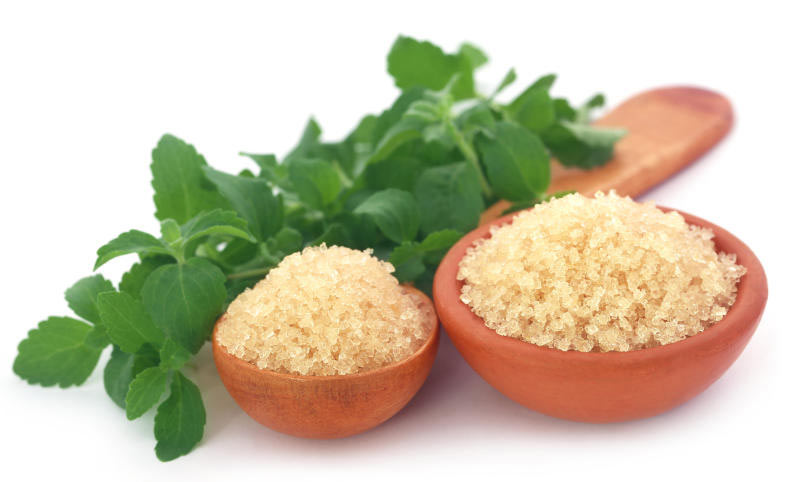×
The Standard e-Paper
Kenya’s Boldest Voice

Studies have shown it to be a safe and natural, calorie-free sugar substitute and is commonly used to sweeten a number of foods and beverages.
In tests, pure stevia extract has been found to have no effect on blood glucose levels (and may even improve your body’s ability to metabolise glucose). Studies that have attempted to show that stevia can improve insulin sensitivity and benefit diabetes have not been conducted on humans as yet, but do show some promise.